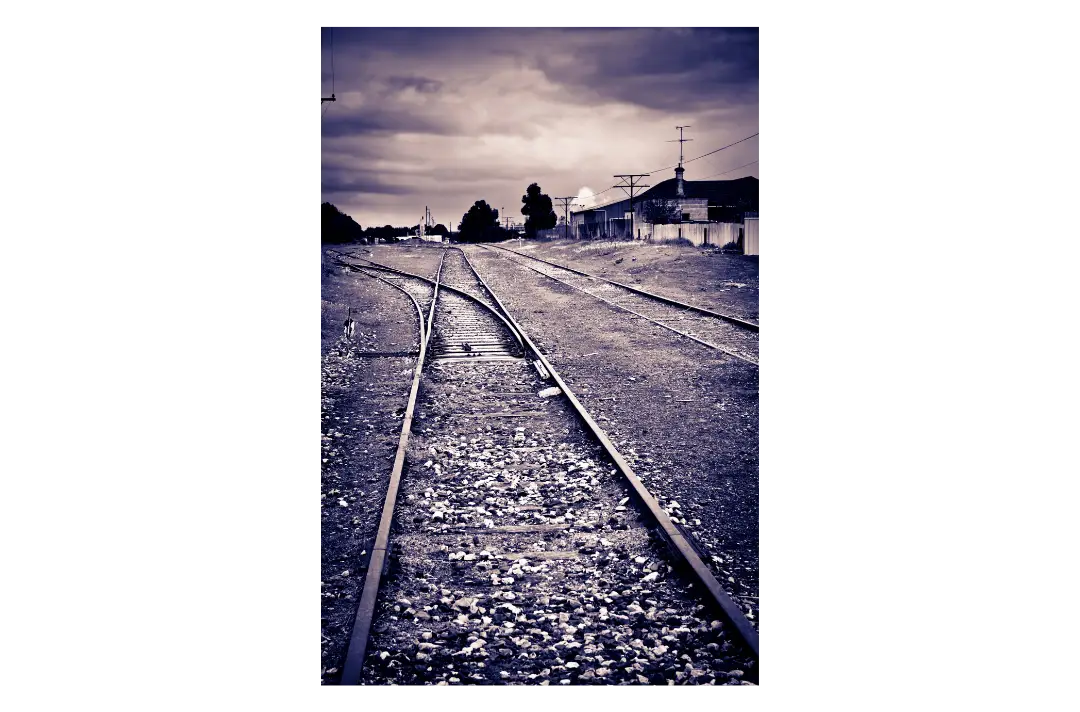Now that Nicki has published the last book, Those Who Come the Last, in her Troop of Shadows Chronicles Series, I thought it would be interesting to delve into exactly what post-apocalyptic really is.
Exploring the Post-Apocalyptic World: A Vision of a Harrowing Future
The term “post-apocalyptic” conjures images of desolation, chaos, and the relentless struggle for survival. It’s a genre of storytelling that has fascinated and frightened audiences for generations. But what exactly is the post-apocalyptic genre, and why does it hold such enduring appeal? In this article, we’ll delve into the concept of the post-apocalyptic world and what makes it a captivating and thought-provoking subject in literature, film, and popular culture.
Defining the Post-Apocalyptic Genre
The post-apocalyptic genre is a subgenre of science fiction and speculative fiction. It explores the aftermath of a catastrophic event that has fundamentally altered human society and the world as we know it. These events, often referred to as “apocalypses,” can take various forms, including:
- Nuclear Apocalypse: Devastation caused by nuclear war or accidents.
- Pandemic: The outbreak of a deadly virus or disease that wipes out a large portion of the population.
- Environmental Catastrophe: Such as climate change, natural disasters, or ecological collapse.
- Zombie Apocalypse: A fictional scenario where the dead rise and threaten the living.
In a post-apocalyptic setting, survivors must navigate a world in ruins, dealing with scarce resources, lawlessness, and the constant threat of danger. The genre is often a commentary on humanity’s resilience, adaptability, and capacity for both good and evil under extreme circumstances.
The Appeal of Post-Apocalyptic Stories
The enduring appeal of post-apocalyptic narratives can be attributed to several factors:
Exploration of Human Nature
Post-apocalyptic settings provide a unique backdrop to examine human behavior. When society’s rules and norms break down, characters are forced to confront their inner demons and make difficult moral choices. This exploration of human nature is a central theme in many post-apocalyptic works.
Survival Instinct
The post-apocalyptic genre is a masterclass in survival tactics and resourcefulness. It challenges characters to adapt, scavenge, and innovate in order to endure in an unforgiving world. Audiences are drawn to the depiction of these skills, often sparking reflection on their own survival capabilities.
Speculative Thought
Post-apocalyptic stories often serve as a cautionary tale, encouraging contemplation about the future. They ask us to consider the consequences of our actions, whether related to war, environmental neglect, or ethical decisions.
Exploration of Isolation
In the post-apocalyptic world, characters often face profound isolation and loneliness. This aspect of the genre resonates with individuals who may have felt isolated or disconnected from society, making these stories relatable on a personal level.
Redemption and Hope
Many post-apocalyptic tales offer a glimmer of hope amidst the darkness. The characters’ journeys can be redemptive, showcasing the human capacity for growth and resilience in the face of adversity.
Influential Post-Apocalyptic Works
The post-apocalyptic genre has a rich history, with numerous works that have left an indelible mark on popular culture. Some of the most influential and iconic post-apocalyptic stories include:
- “The Road” by Cormac McCarthy: This novel paints a bleak and haunting picture of a father and son’s journey in a desolate world.
- “Mad Max” (film series): Known for its action-packed dystopian landscapes, the “Mad Max” series has become a symbol of the genre.
- “The Walking Dead” (comic series and TV show): Centered around a zombie apocalypse, it explores the dynamics of survivors in a post-apocalyptic world.
- “The Stand” by Stephen King: In this novel, a deadly virus wipes out most of humanity, leaving the survivors to confront good and evil.
- “Children of Men” (film): Set in a world facing human infertility, it portrays a bleak future where hope lies in the birth of a single child.
The post-apocalyptic genre serves as a compelling lens through which we can examine the human condition and the potential consequences of our actions. These stories offer a mix of terror, introspection, and inspiration, challenging us to consider our own roles in shaping the world’s future. Whether they serve as cautionary tales or explorations of resilience, post-apocalyptic narratives continue to captivate and provoke thought, reminding us of the importance of preserving and improving the world we live in today.

